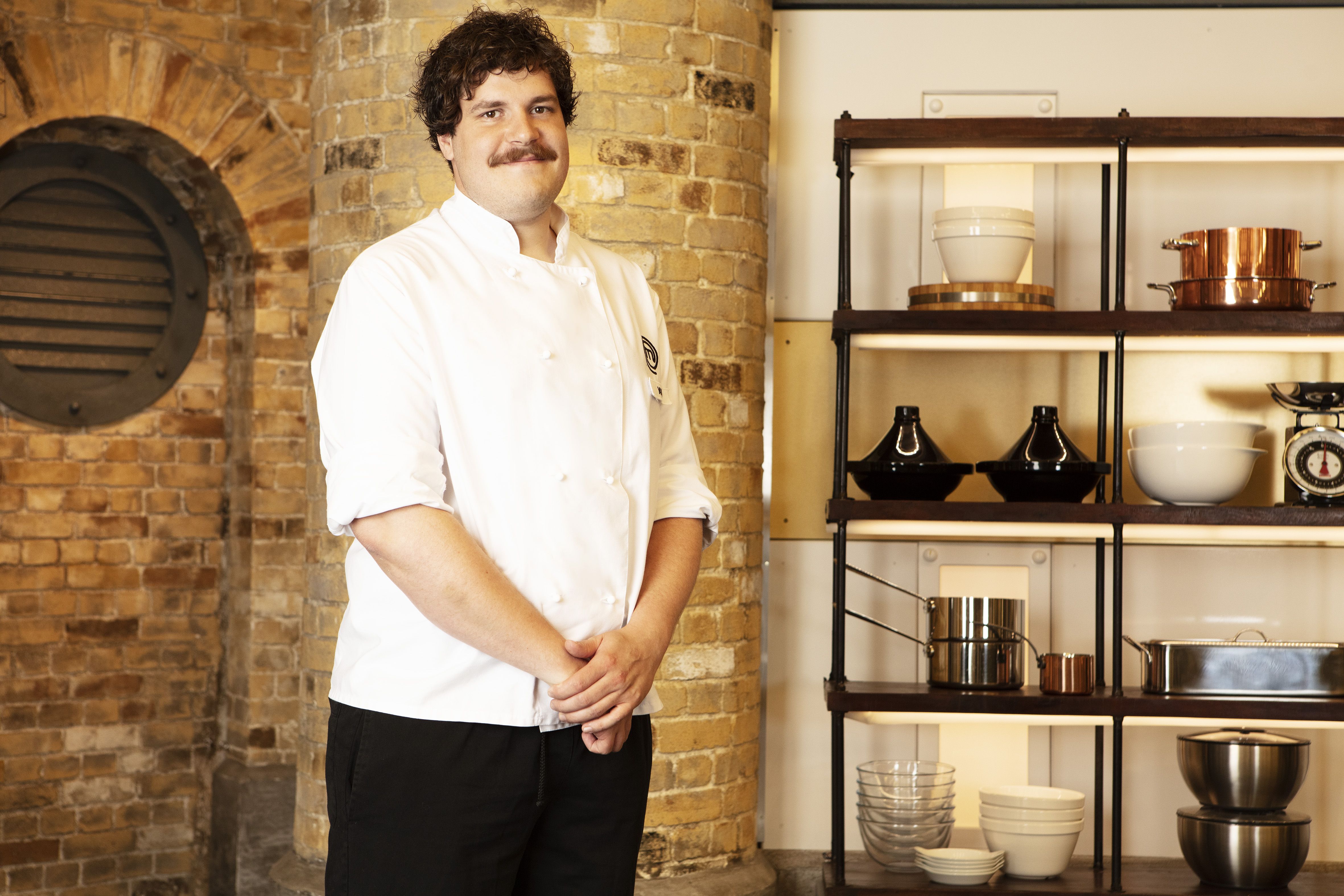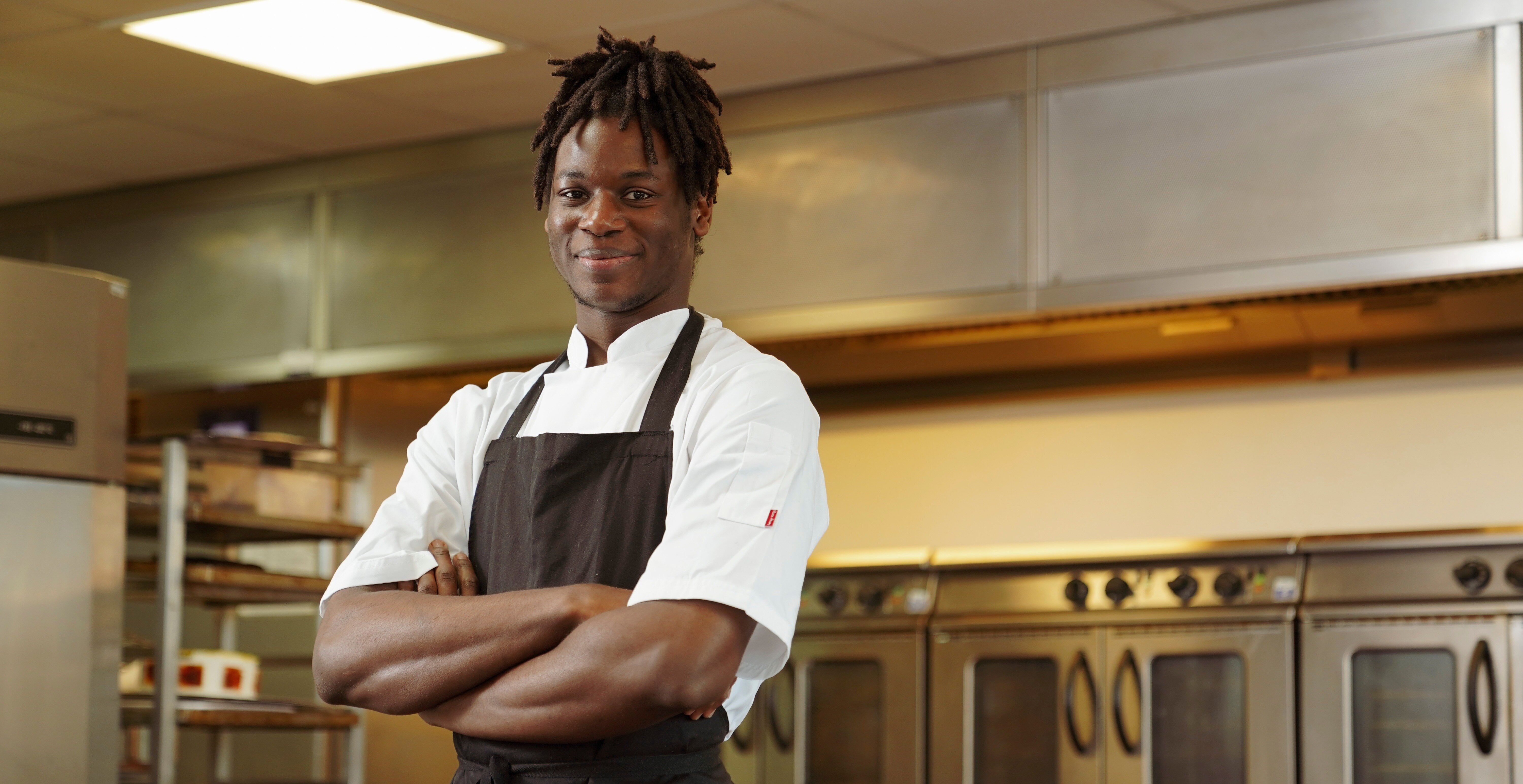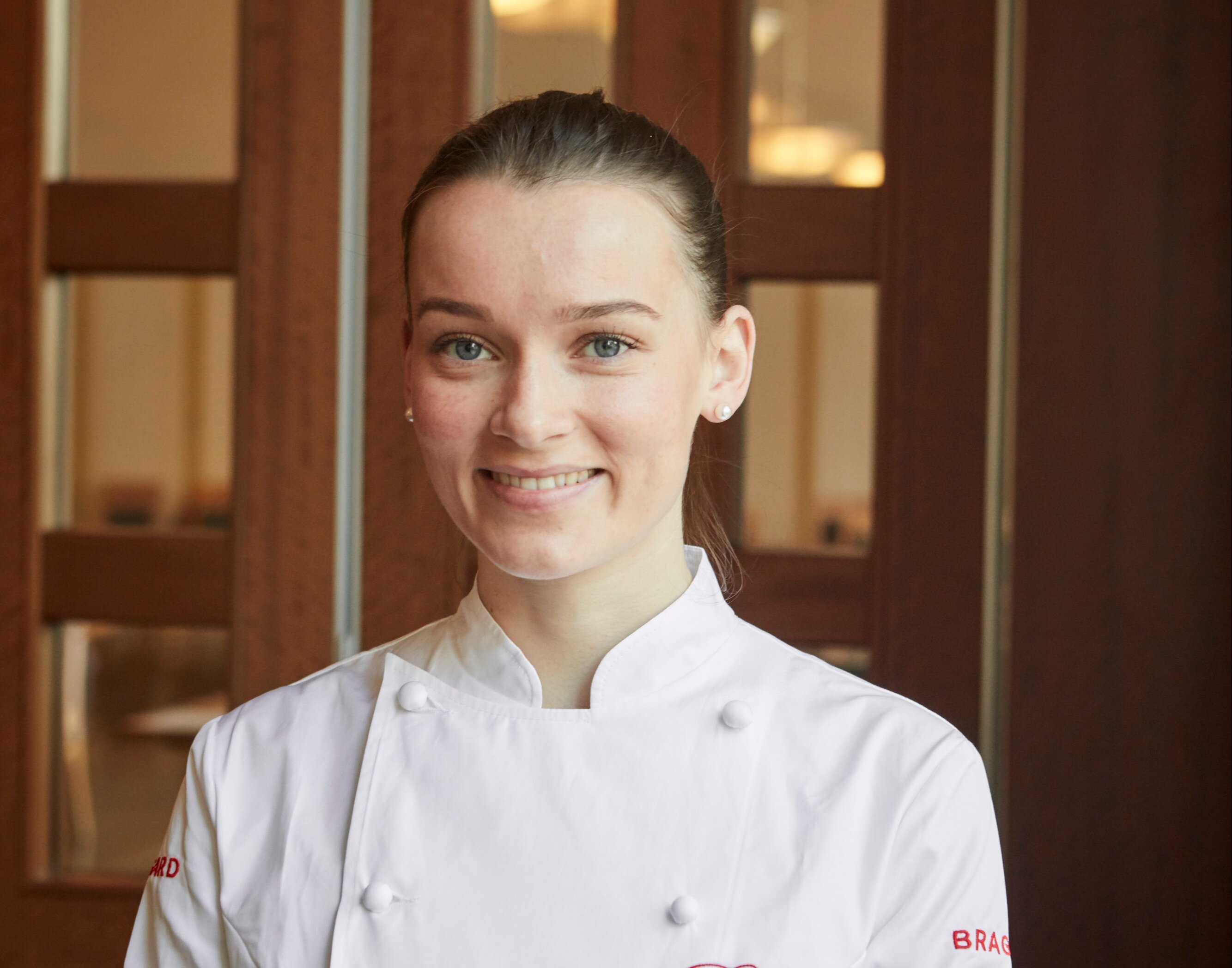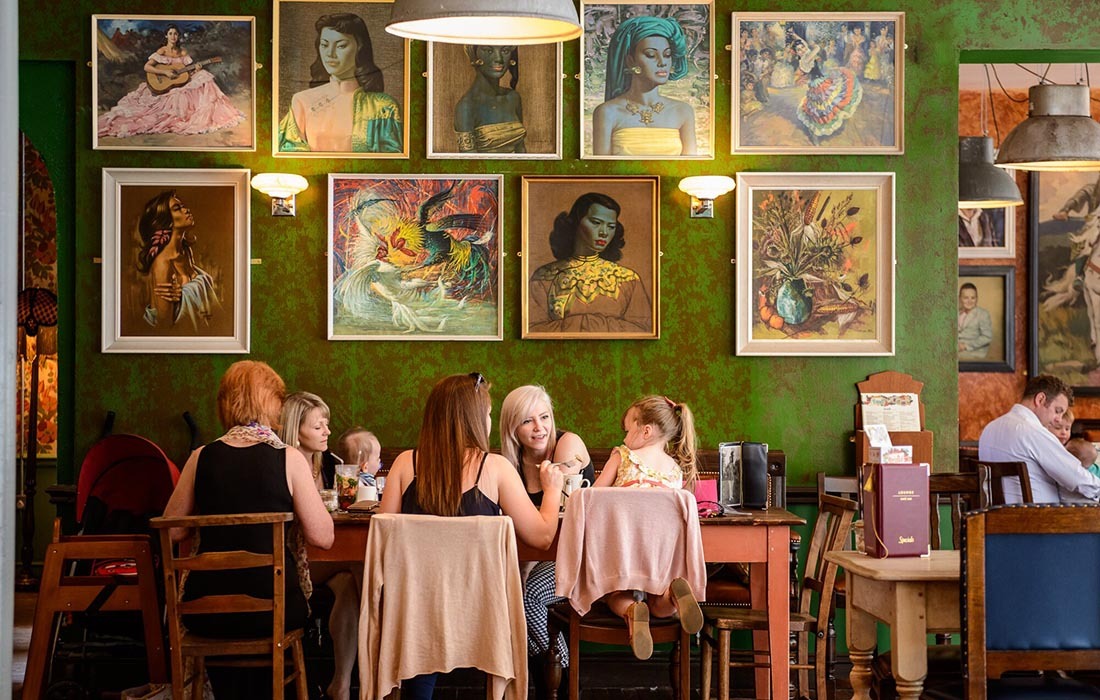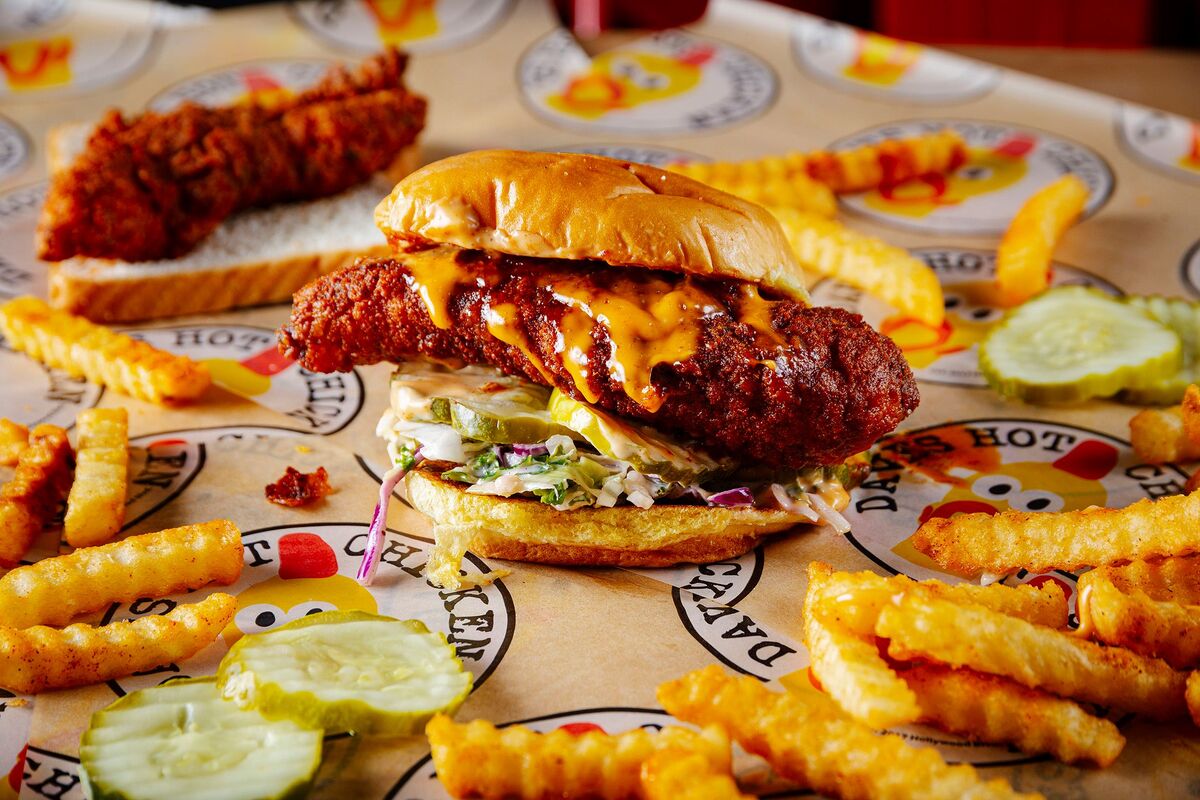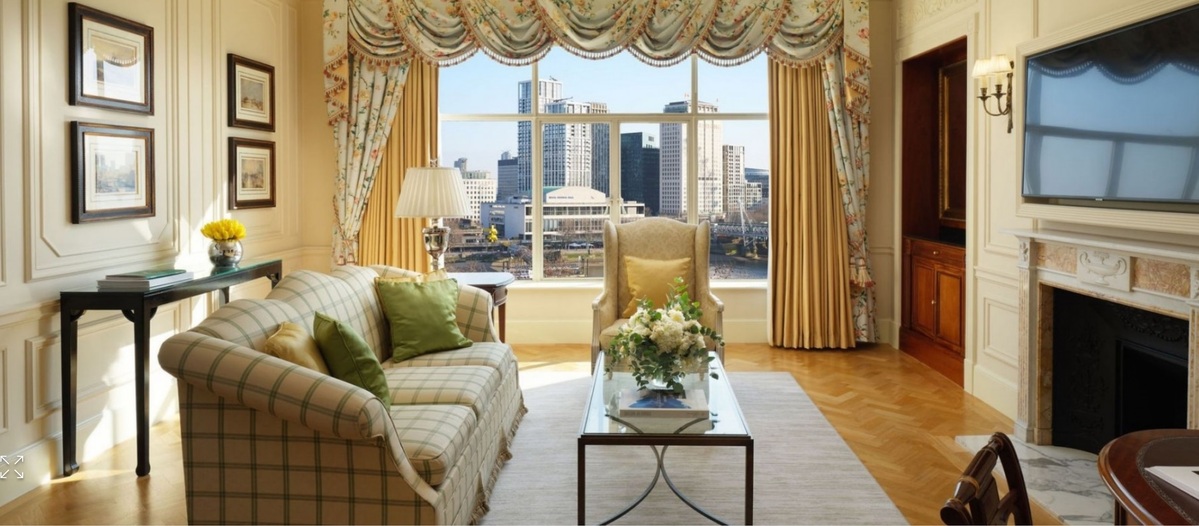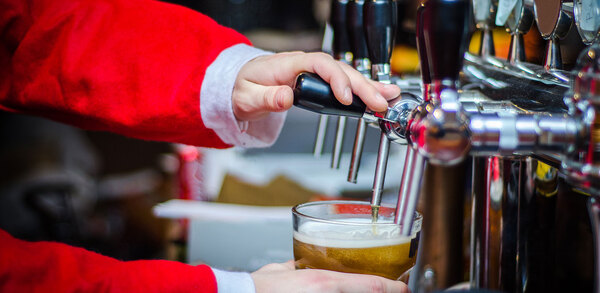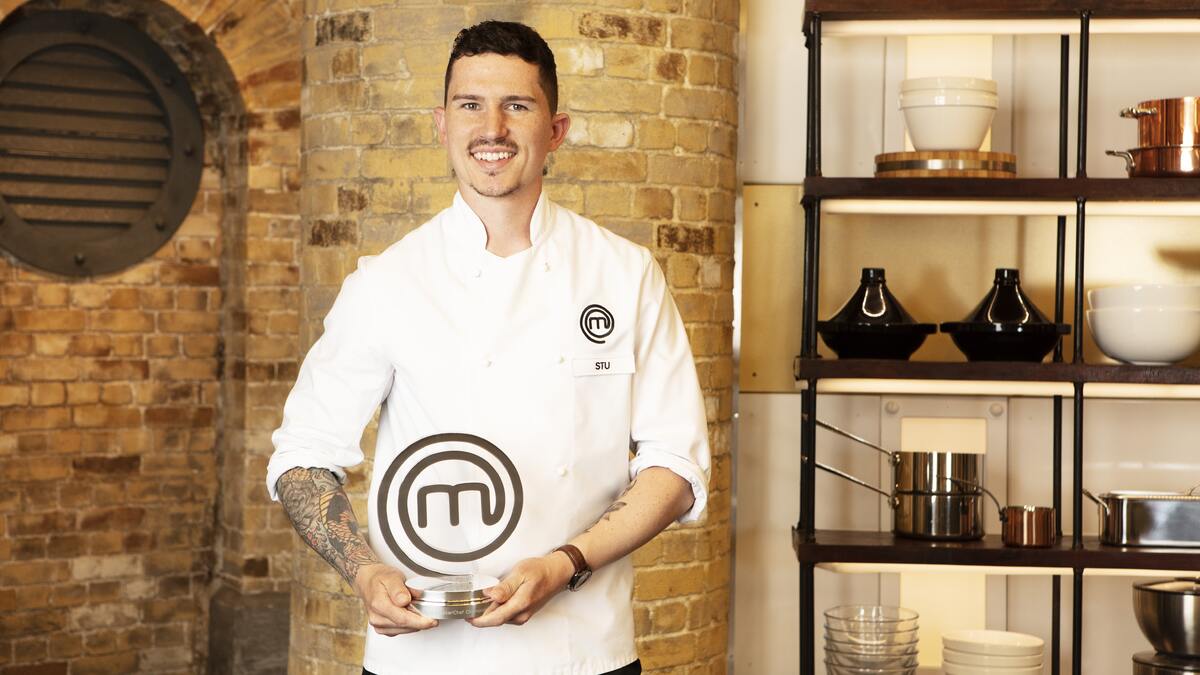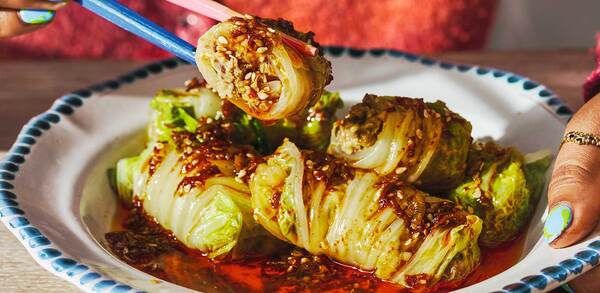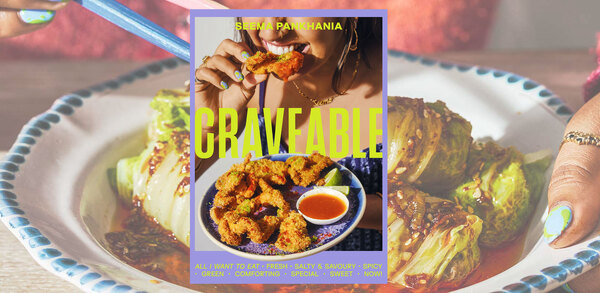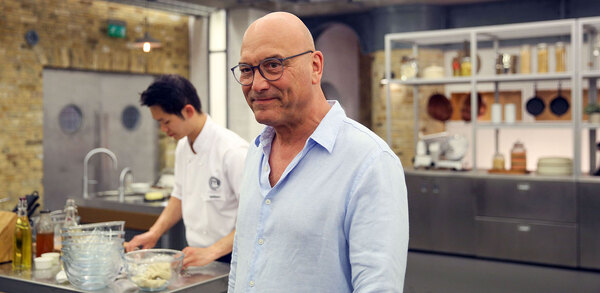Minute on the clock: MasterChef: The Professionals finalist Yann Florio
Yann Florio was one of the four finalists in BBC TV’s MasterChef: The Professionals. The 30-year-old co-owns catering company Far Out Food. He tells Andrew Andronicou how bullying in the restaurant spurred him to start his own business.
What sparked your interest in becoming a chef?
I have a huge family so getting together and having a meal on a Sunday was a weekly occurrence. My grandmother was an incredible cook and the food culture in my family and in France combined and encouraged me to become a chef.
What family dishes stand out for you?
Lentils and smoked sausages stewed for ages. My grandmother used to make super-boeuf (beef soup), which we would have as a starter. Boiled meat, which we would eat with roasted potatoes. Also, pasta and stuffed tomatoes because in Lorraine you have a massive influence of Italian food due to immigration in the late 1800s.
How important is it for apprentice chefs to learn their trade in a college environment before joining a professional kitchen?
It’s massively important for any young chef to train properly at a good school. It gives a great introduction to see if that’s really what you want to do with your life. It’s a really difficult job to do, it’s not for everyone. I think you have to be a little bit crazy to work in hospitality.
**At 18 you were working in Luxembourg’s Michelin starred La Pomme Cannelle –how did this help you develop your skills? **
In a lot of kitchens, you work with people who don’t care and are just there to make their money, they are not really in love with the craft. When you start working in Michelin starred restaurants you get that right away people are there because they want to be part of something special.
**You’ve previously spoken about bullying in the restaurant industry have you experienced this yourself? **
Early on in my career in a restaurant in Lille a chef was an absolute psycho, he just threw a main course plate at a chef’s head on account of one fry for a kid being cold. And I thought ‘oh my God, what the hell is that?’. Bullying has been present for most of my career to be honest.
I’ve experienced it myself but I’ve never really let bullies get to me, I was really focusing on what I wanted to do and where I wanted to end up. I’ve seen it destroy so many people and it’s such a massive part of [the industry].
You can speak to any chef, there is always anecdotes coming out, even between staff - changing salt with sugar to fuck up other people’s bread, it’s really appalling and I don’t think you see that in any other kind of industry. That was one of the main reasons I decided to start my own business.
How would you describe your culinary style?
I didn’t really get to develop a style with my catering company. But ever since I’ve done the show I've gone back to the food I grew up with that I really wanted to cook.
I alwa.! I’m trying to bring all these influences into the modern world, like a modernist style but lighter.
What does sustainability mean to you?
The sky is falling on our heads, the Arctic is melting and climate change is undeniable. I think one of the most wasteful industries is the hospitality and the restaurant industry. The hospitality industry needs to step up on sustainability and on working differently, it’s inevitable.
What made you apply to MasterChef: The Professionals?
My girlfriend and my business partner. It never really crossed my mind to do anything like that but they thought that I would probably come across well as I have a little bit of a character – I don’t see it myself.
What was the toughest part of the competition?
After the skill test, which was absolutely horrible, all the chefs were absolutely crumbling.
What was the biggest highlight for you?
I loved every single invention test and I think I did pretty well with them. That’s how I like to work, just going to the market, picking up a lot of ingredients, cooking and hosting little dinners. I think the invention test is very much like that, a blank canvas. They get the most amazing ingredients as well, you can just pick and create something with it, it’s what being a chef is really.
**Do you have any advice for anyone else taking part in the competition? **
I think it’s the best. I think If I knew about it before I would have done it earlier, it’s massive for exposure. You have to be focused on it for a couple of months, it helped me find what I really wanted to do and what kind of style of food I loved.
What are your plans for 2020?
My plan is to open a working space for food and drink entrepreneurs that will be based on sustainability and how to change the industry going forward and make it a greener industry.
We work on immersive pop-ups and events. I think the future is virtual reality, music, sounds, smells. Unique, high-end experiences and immersive events – that’s where I’m heading next.



